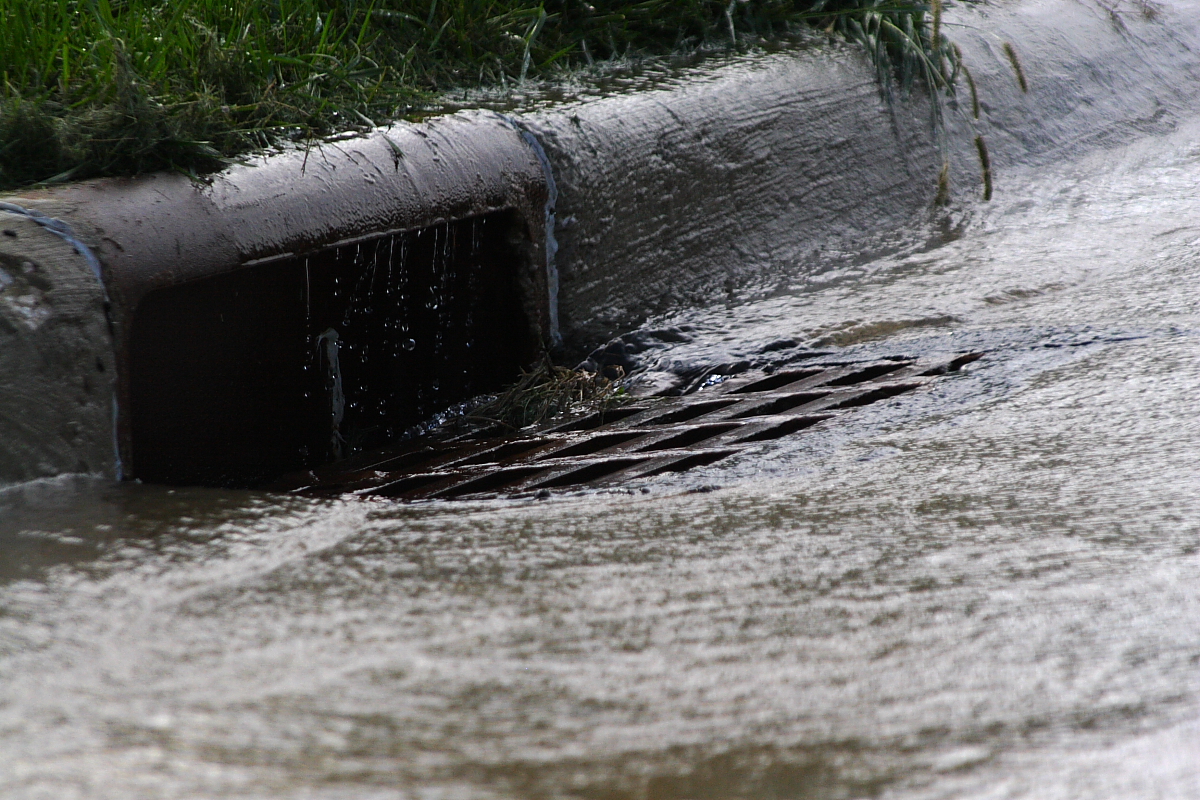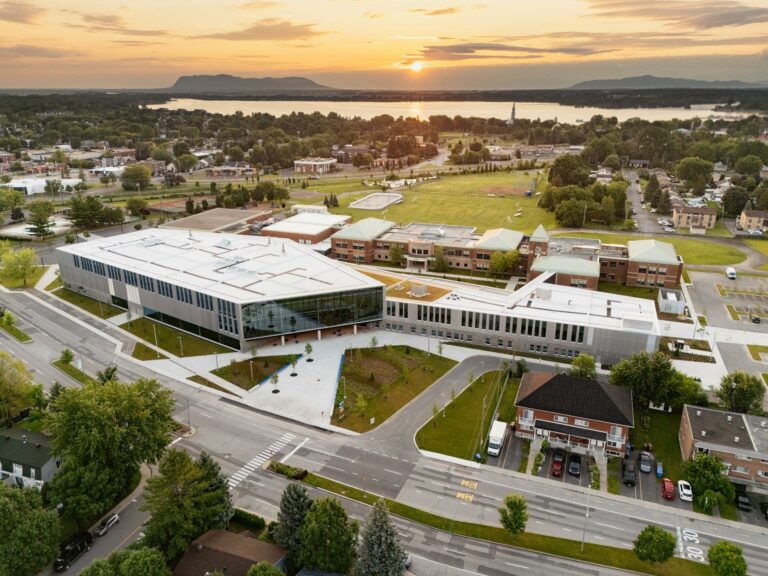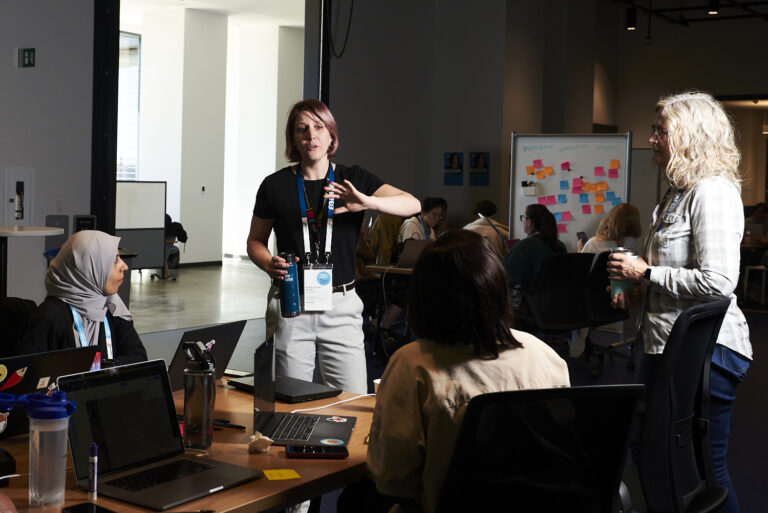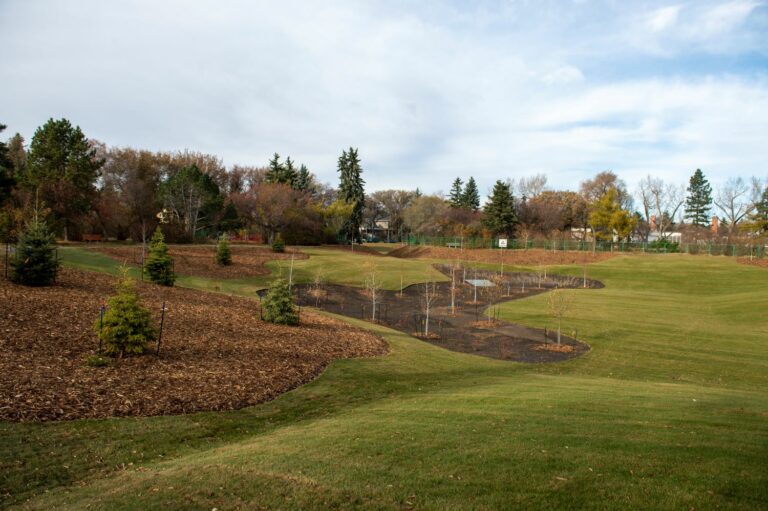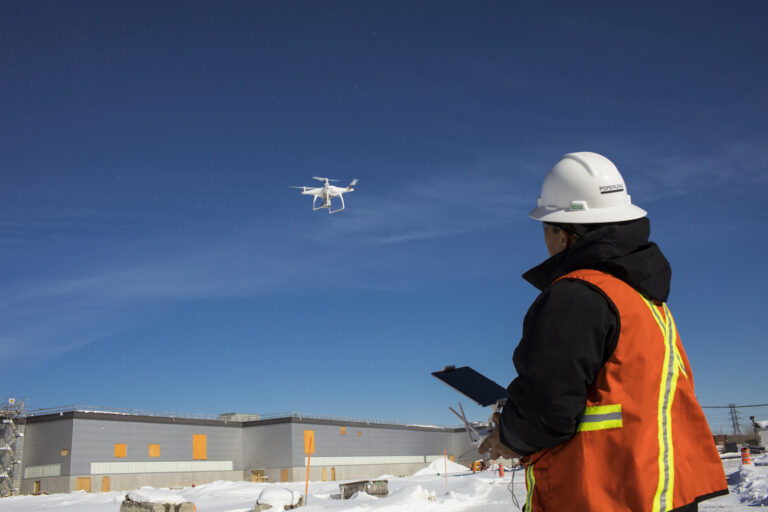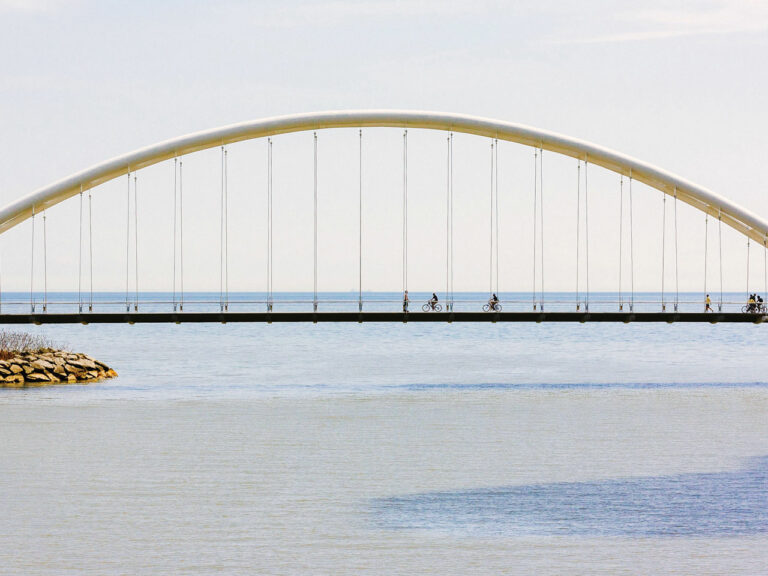Municipalities across Canada are increasingly looking to stormwater user fees as a way to provide dedicated and sustainable funding for stormwater infrastructure and services. Many stormwater budgets are funded through property taxes, which must also fund many other important municipal services, resulting in uncertain financial allocations for stormwater services from year to year.
Furthermore, property taxes are based on property value, which does not typically correlate with the amount of pressure a property places on the stormwater system. As a result, municipalities are struggling with budget shortfalls to fund the construction and maintenance of stormwater infrastructure. Such underfunded services can include the construction and maintenance of stormwater management ponds, low impact development, storm sewers and pipes, watercourse inspections and erosion control, and pollution prevention.
In order to surmount these funding barriers and adopt a more fair system of payment for stormwater services, municipalities are developing and implementing stormwater charges or user fees. Typically, stormwater user fees are based on the amount of impervious surface found or expected on a property,as the impervious surface is a more accurate indicator of how much a property utilizes the stormwater system.
Additionally, the funds collected through a user fee are dedicated to stormwater infrastructure and services, providing increased certainty of funding for both capital and operating budgets. User fee structures can vary depending on the needs, resources, and characteristics of a municipality. Many stormwater user fee programs also include stormwater credit programs, rebates for low impact development, or other incentives to encourage property owners to implement stormwater best management practices.
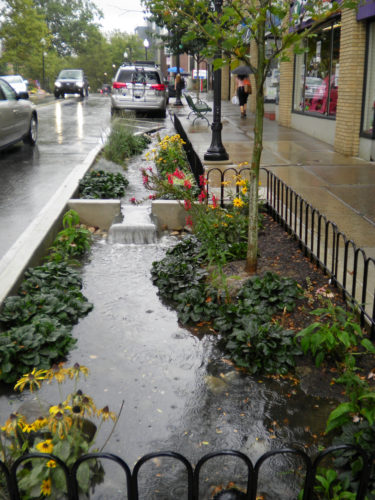 Developing a stormwater user fee requires an assessment of municipal stormwater budget needs, the technical and staff resources available for program development and administration, as well as the dynamics and preferences of residents, business owners, and other stakeholders. Developing a stormwater user fee also requires providing support and education to elected officials, other relevant municipal departments and staff, as well as the community, to ensure understanding of the purpose of a new funding mechanism for stormwater services. A stormwater charge can also create an outreach opportunity to educate the public about the role and importance of stormwater infrastructure in their community.
Developing a stormwater user fee requires an assessment of municipal stormwater budget needs, the technical and staff resources available for program development and administration, as well as the dynamics and preferences of residents, business owners, and other stakeholders. Developing a stormwater user fee also requires providing support and education to elected officials, other relevant municipal departments and staff, as well as the community, to ensure understanding of the purpose of a new funding mechanism for stormwater services. A stormwater charge can also create an outreach opportunity to educate the public about the role and importance of stormwater infrastructure in their community.
In Canada, approximately two dozen municipalities have implemented stormwater user fee programs to fund their infrastructure needs. Such municipalities include Mississauga, Kitchener-Waterloo, Newmarket, London, Ottawa, Victoria, Halifax, Saskatoon and others, with many more municipalities currently exploring user fees or in the process of developing them. User fee programs can, and should, be tailored to the needs of their municipalities and user fee programs in Canada are as diverse as the communities that utilize them, ranging from flat fees for different property types to individualized assessments of all the impervious surface on every property.
Municipalities that have implemented stormwater user fees have been rewarded with more certainty in their stormwater budget, increased resources to address important stormwater infrastructure needs, a fairer system of charging properties for stormwater services, and a community that is more prepared for extreme weather.
Upcoming in-class training
Take advantage of subsidized registration fees throughout the month of March! Join Conservation Authority staff members from the Sustainable Technologies Evaluation Program (STEP) on March 24, 2020 in Brampton, Ontario for a one-day ‘Stormwater Financing and User Fee’ workshop. Held in conjunction with the Annual TRIECA Conference, this workshop will provide participants with an overview of the rationale for implementing stormwater user fees to guide participants through assessing and undertaking the options, steps, and considerations required to develop a municipal stormwater user fee program.
Other TRIECA pre-conference courses available at subsidized rates on March 24, 2020 are Design of Post-Construction Stormwater Practices Employed in Low Impact Development and Green Infrastructure and Turbidity Control on Construction Sites. Additional training opportunities in March include Building Forward: Principles of Successful LID Construction in London, Ontario, and Building Forward: Principles of Successful Low Impact Development Construction, Certification, Inspection and Maintenance in Cambridge, Ontario. These training events were produced through the Climate Change Adaptation Platform, with support from Natural Resources Canada.
For more information and to view a complete listing of our course offerings, including all free and subsidized, low impact development training opportunities, visit the following link.

